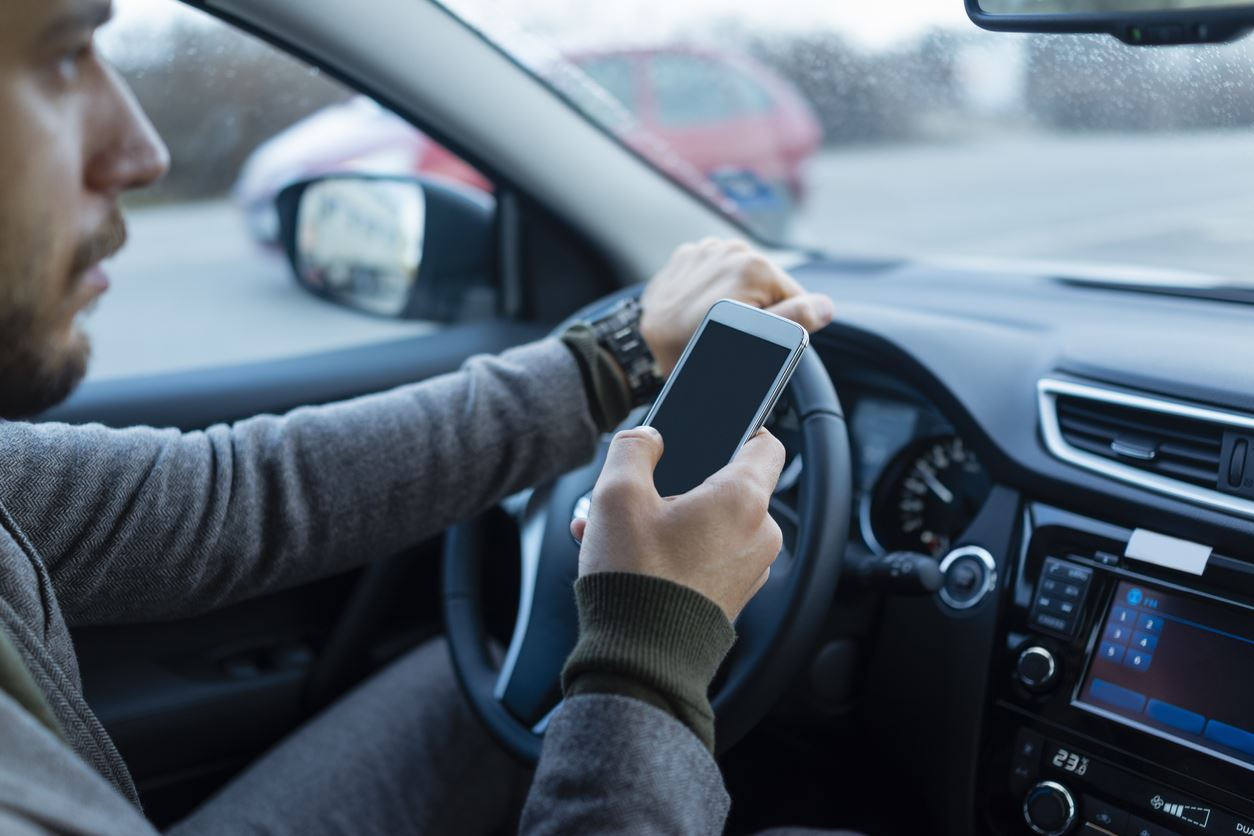Accidents are never a welcome occurrence. Unfortunately, some drivers may be liable for the damages resulting from their actions — but how is this decided?
Below, the team at MDR LAW LLC shares an overview of the different types of driver circumstances that make them liable in accidents. We’ll also discuss legal responsibility if a driver is charged with liability and why it’s crucial for them to understand the implications of negligent behaviors on roads.
What is Driver Liability and When Does it Apply?
Driver liability is an important concept to understand as a motorist, as there may be circumstances where you can be held accountable for an accident despite driving responsibly and with due care.
There are four main driver liability issues: gross negligence, distracted driving, intoxicated driving, and aggressive driving. In all instances, if another driver’s actions result in an accident or damage of property, they may be liable for any losses or damages.
Why Drivers Can Be Liable Because of Gross Negligence
Driving with gross negligence can have serious consequences. This behavior occurs when drivers behave recklessly while behind the wheel, putting them and others in danger. In most extreme situations, a driver’s carelessness endangers lives and property.
Any reckless behavior by drivers disregarding road rules and personal safety can be considered gross negligence. For example, running stop lights, speeding excessively, or disobeying street signs are all forms of gross negligence per law.
Why Drivers Can Be Liable Because of Distracted Driving
Driving can be dangerous, especially if drivers are not using their total concentration. Distracted driving is becoming a growing problem and raises concerns regarding the safety of other drivers, passengers, pedestrians, and cyclists. Driving while distracted carries legal consequences, including the driver being held liable in cases of an accident or injury.
Distracted driving includes activities such as texting and talking on the phone, eating and drinking behind the wheel, adjusting music or navigation apps, or applying makeup while driving. Drivers can be held responsible for any damages incurred because of distracted driving, leading to a civil lawsuit against them.
Why Drivers Can Be Liable Because of Intoxicated Driving
Drunk or intoxicated driving is hazardous; if a driver gets into an accident because of it, they should be held liable. This means they’re legally responsible for any damages injured parties suffer.
This is a severe offense in all jurisdictions, even if it has only caused property damage instead of bodily harm. Furthermore, by engaging in this behavior, the driver was aware that their judgment was impaired and put others at serious risk; this includes fellow drivers and innocent pedestrians who happened to be on the road. Intoxicated driving can cause devastating physical injury, trauma, and even death — therefore, it should always be avoided.
Why Drivers Can Be Liable Because of Aggressive Driving
Aggressive driving is not only dangerous on the road but can also have legal ramifications. If a driver’s aggressive driving causes an accident, the driver can be liable for any damages and injuries.
This type of liability arises when a driver acts in such a way that disregards safety. For example, committing actions such as:
- Excessive speeding;
- Sudden braking or acceleration;
- Not following traffic rules; or,
- Tailgating.
What Options are Available if Another Driver Injured You
You may be eligible for compensation if you are injured due to another driver. Typically, when filing an injury case, you will want to establish one of the cases above. However, that may be difficult to do alone.
It is imperative to have legal representation if you are injured in an accident due to someone else’s negligence. That’s why MDR LAW LLC will fight to get you the compensation you deserve. If you were injured due to someone else’s negligence, contact our Chicago personal injury attorneys right away to explore your options. Set up a consultation online or by phone today. (312) 500-7944


